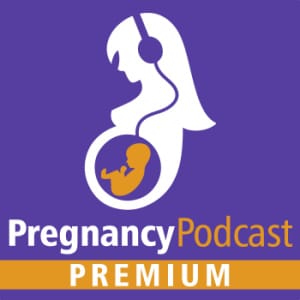Overview
RSV stands for respiratory syncytial virus, a common respiratory virus that usually causes upper respiratory illness with mild, cold-like symptoms. For some groups, like infants, RSV can be a severe lower respiratory tract illness. With no licensed vaccine available for babies, there are two options for protection against RSV. One option is a maternal RSV vaccine during pregnancy between 32 and 37 weeks from September through January. The other option is monoclonal antibodies administered to newborns within a week after birth. The vaccine and antibodies for RSV are both relatively newly approved treatments. This episode examines the available research to evaluate the safety and efficacy of these options so you can make an informed decision for yourself and your baby.

